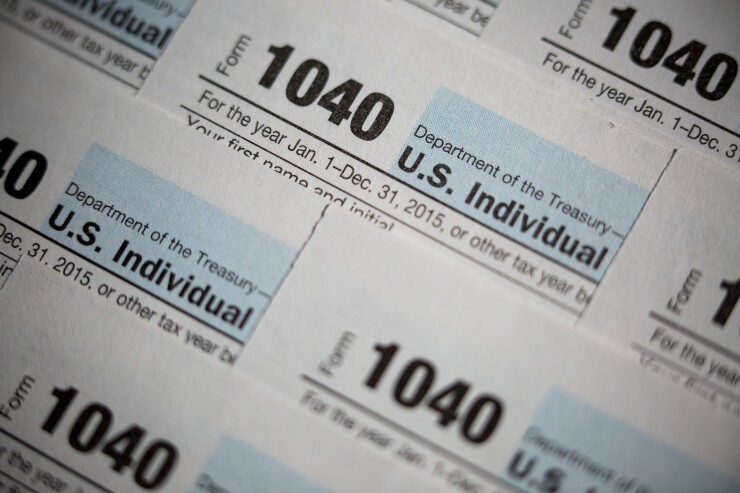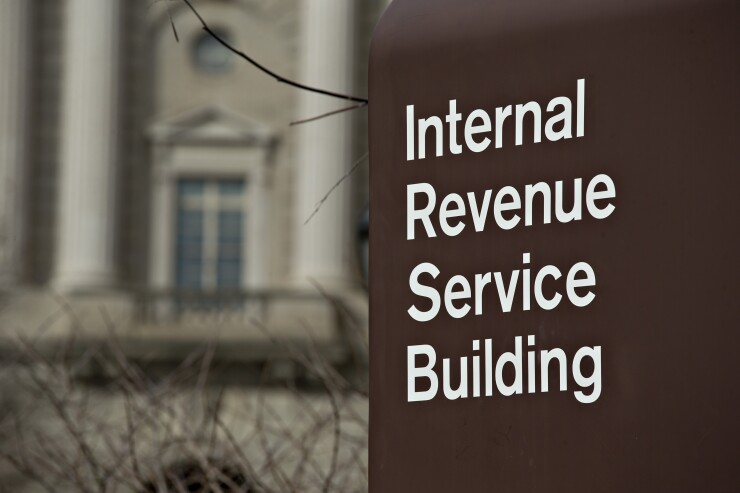With just one weekend to go before most tax returns are due, more than 90 million Americans have already filed their forms and claimed $183 billion in refunds — leaving nearly half still to cross the looming Tuesday, April 18, deadline.
"File ASAP. Don't wait until the last day," said Thomas F. Scanlon, an advisor at Raymond James in Manchester, Connecticut.
The reason, he said: The Internal Revenue Service's electronic filing system "backs up and sometimes returns get rejected for odd reasons."
At $2,970, the average direct deposit refund as of March 31
Taxpayers in flood disaster zones in most of California and parts of Alabama and Georgia hit by mudslides and other bad weather have
Meanwhile, many of roughly 76 million Americans have until midnight next Tuesday to hit the send button (or, far less commonly, postmark a snail mail paper return).
Here are some last-minute do's and don'ts that can save advisors and clients stress and potentially lower a tax bill.














